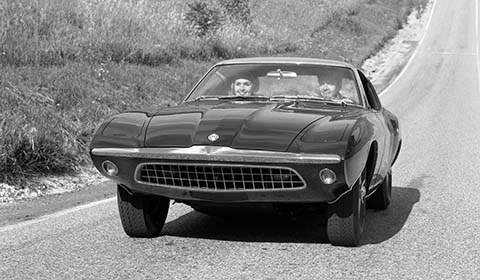Ford Cougar II: The Shelby Cobra-Based Corvette Slayer Killed Off by the Mustang
By Vlad Radu on January 24, 2024
Essentially an early Cobra with a more aerodynamically efficient body, the Cougar II concept was Ford's answer to the C2 Corvette. However, it was swiftly overshadowed by the Mustang, and the pony car's resounding success meant further development was abandoned.
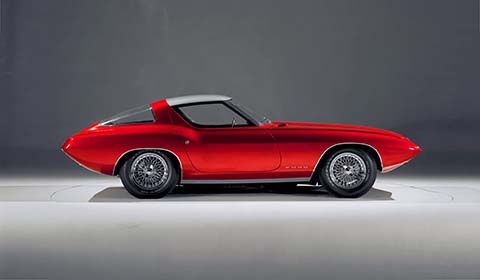
For American enthusiasts, the Cougar nameplate is synonymous with the Mustang's Mercury-badged pony car sibling.
For Europeans, it alludes to the intriguing yet unsuccessful 1998–2002 Ford-badged two-door coupe marketed in the US as the eight-gen Mercury Cougar.
But before it was applied to a production model, the nameplate was used for a series of Ford concepts.
It all started in the early fifties when John R. "Dick" Samsen, the man behind the Thunderbird, produced a series of sketches and a scale model of a more luxurious T-Bird.
Initially, the design didn't go past the scale model stage, as Samsen left Ford for Chrysler in 1955.
However, in 1962, it was revived by Dean Jeffries and turned into a gorgeous gullwing concept car dubbed Ford Cougar, which was developed to promote the new 406-ci (6.6-liter) FE V8 engine.
The second Cougar concept
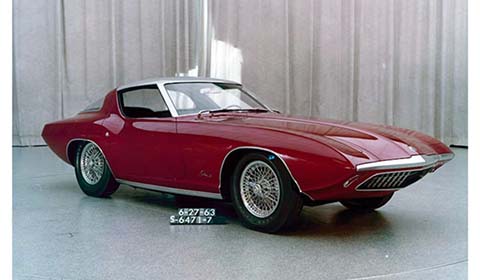
The early sixties were busy years for Ford's Design Center, with numerous concepts and would-be production cars taking shape thanks to the creative geniuses who worked tirelessly behind closed doors.
A couple of years after the Cougar 406 debuted, a second concept nearing completion received the Cougar II moniker.
The dream car (as concepts were called back then) was designed by Gene Bordinat, Ford's Vice President of Styling. It was a refined, GT-style two-seat coupe version of the initial Bordinat Cobra - a roadster concept built several months earlier.
But while the roadster was purely experimental, the coupe was developed to go on the show car circuit and gauge public interest for a Ford-badged Corvette Sting Ray rival.
Based on the Shelby Cobra
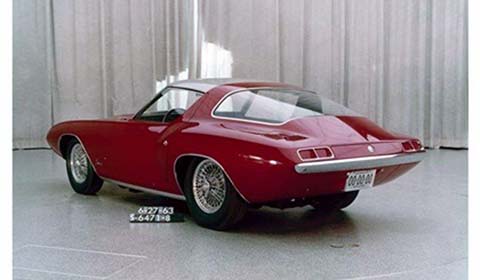
As the name of the initial roadster implied, both cars were based on Cobra chassis acquired from Shelby American.
Records show that chassis number CSX2008, an early leaf spring Cobra completed in the second part of 1962, was brought by Ford, who shipped it to Dearborn Steel Tubing (DST Industries), where its original Wimbledon white-painted body was stripped off.
In the meantime, Ford stylists Ken Spencer and Ray Behmer, who worked under the close supervision of Gene Bordinat, created a coupe body heavily based on the vice president's initial roadster.
Some sources state that the fiberglass body - eventually mounted on the CSX2008 frame to become the Cougar II - was built in Italy by Carrozzeria Vignale. Yet, since no official documents to back that up have survived, we don't know for sure if that's the case.
The Ford Design Center's take on the Sting Ray
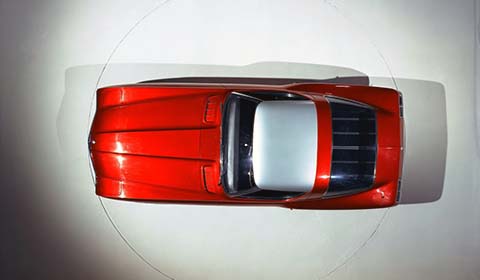
Regardless of who built it, the bespoke Cougar body was a drastic departure from the Cobra's original AC Cars-designed structure.
Like the initial roadster, the fiberglass structure was more streamlined, featured pop-up headlights, and donned an all-new fastback coupe roofline.
Among its most fascinating features were curved side windows actuated by a novel coil-sprung lift mechanism and an electronically operated rear panel that opened automatically at high speeds to alleviate interior air pressure and prevent the huge rear window from cracking.
Though, at the time, Ford stylists stated that the Cougar II was designed before the Sting Ray, since the latter debuted in August 1962 and had been in development since 1961, the statement seems far-fetched.
That's not to say that Ford's concept was inspired by the C2, but there are some similarities.
Regardless of which design came first, there was no denying that the Cougar II had the Sing Ray in its crosshairs.
Alegidly Faster than a Cobra
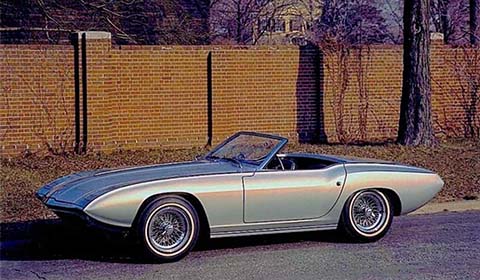
Though the Shelby Cobra was a formidable sports car with a lightweight chassis, even the Venice crew knew that its aluminum body was not aerodynamically efficient, which led to the creation of the Daytona Coupe in 1964.
Similarly, Bordinat recognized the strengths of the Cobra's lightweight chassis and wanted to see how it would perform with a better body.
Powered by the Cobra's original 260-hp, 260-ci (4.3-liter) Ford V8 connected to a four-speed manual, the Cougar II, with its lighter, more aerodynamic body, was allegedly capable of reaching top speeds that exceeded the 170-mph (273.5 kph) mark.
That made it around 10 mph (16 kph) faster than a street-legal Cobra with the same powertrain.
Killed off by the Mustang

Finished in an eye-popping Candy Apple Red paint with a brushed steel shade of gray covering the roof (presumably to disperse heat), the Cougar II debuted at the Chicago Auto Show in 1963.
Then, in the second part of 1964, it was featured at the New York World's Fair. However, at the same exhibition, Ford unveiled the production version of the Mustang, which was an instant sensation.
Legend has it Ford management was seriously considering taking the Cougar II project to the next level in order to develop a production model that could go head-to-head with the Corvette.
However, the public's reaction to the Mustang and the marketing hit it became in the following months meant that further development of the pony car became the company's main focus, so side projects, like the Cougar II, were abandoned.
It's still around today
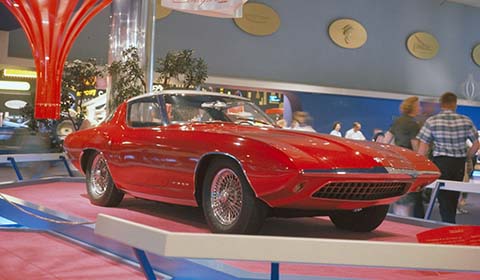
After a few more appearances at famous car shows, the fascinating concept (along with its roadster sibling) avoided the crusher and was donated to the Henry Ford Museum.
Years later, both cars were donated again, this time to the Detroit Historical Society, which didn't have the space to display them, so the concepts ended up in a storage facility.
As decades passed, most people forgot about the Cougar II and Bordinat Cobra. Those who still remembered the cars presumed that Ford had destroyed them, so nobody bothered to track them down.
That changed in the early 2000s when former Ford artist Jeff Burgy, who had been a huge fan of both cars since he was a teen, decided to find the missing concepts.
After several months of detective work, Burgy eventually found the cars rusting away in an old warehouse located in downtown Detroit.
With the Detroit Historical Society's blessing, the enthusiast spent time restoring the cars, and in the summer of 2004, the revived concepts appeared at the 29th National Convention of the Shelby American Automobile Club.
Since then, the Cougar II and its sibling have made frequent appearances at prestigious events, including the Amelia Concours d'Elegance.
A fascinating concept that continues to inspire
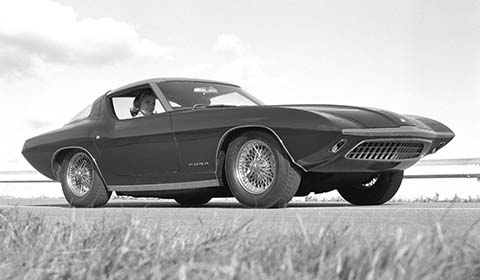
Today, the Cougar II remains a fascinating 1960s concept that could've reshaped the American sports car market of the era and rewritten the story of the Ford-Shelby partnership.
Though it's a shame it never made it into production, we're thankful that it survived to inspire younger generations of sports car enthusiasts and aspiring car designers.
Below, you can watch an authentic promotional video for the Cougar II, posted on YouTube by CarsInDepth.
